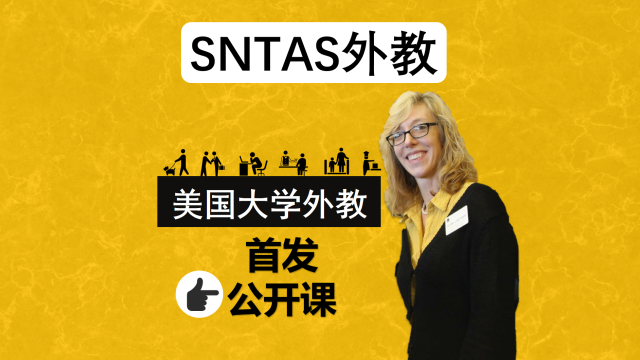用好英语中的实用小词:skills & offer
每个人都希望自己说出来的英语能够地道,很多时候我们喜欢用一些繁琐的词汇来表达,其实这是没有必要的。真正有效的方式是学好那些简单实用的小词,把它们学透了、用好了,就能说一口流畅又地道的口语了。
Skills
一说到“水平”,很多同学首先就会想到 level 一词;但是老外可不是这么想的,他们更倾向于skills。
1、怎样才能提高我们的英语水平?
Chinglish: How to improve our English level? (老外一般不会这么说,但是应该可以看懂)
Revision: How to improve our English skills?
2、他的写作和翻译水平很高。
Chinglish: His writing and translating levels are very high.
Revision: He has very good writing and translation skills.
现在是追求技能的时代,skills 也随之走俏。什么 communications skills(沟通技巧), computer skills(电脑技术), study skills(学习能力), survival skills(生存能力)……全都泛滥了。
这个词比较微妙,英译中时不太好处理,正因如此,这个词才值得我们重视。
1、谢谢你的好意,不过我可以走回去。
Chinglish: Thank you for your goodwill, but I can go home on foot.
Revision: Thanks for your offer, but I can walk home.
2、全国人民纷纷向灾区伸出了援助之手。
Chinglish: All people in the country are giving their hands to the disaster area.
Revision: People all over the country are offering helping hands to the disaster area.
凡是带有“给予”、“善意提供的(帮忙)”等意思,就可以考虑 offer 这个词。我们可以把 give 的空间让点给offer。
3、他给了我一份工作做。
Chinglish: He gave me a job to do.
Better version: He offered me a job.
4、这个机会可是我最后给你的。答应不答应随你的便。
Chinglish: This is the last opportunity I give to you. I don't care if you take it or not.
Better version: This is my last offer to you. Take it or leave it.
Offer 可以做动词用,也可以做名词用。还有一些固定搭配,其中最熟悉的便是 job offer(工作邀请,表示公司愿意接纳某人为其员工的意愿,被邀请者可以接受此邀请加入公司)。到了找工作的时候,尽是听到大家问:“你收到offer了吗?”(没收到过offer的人掩面逃走……)











